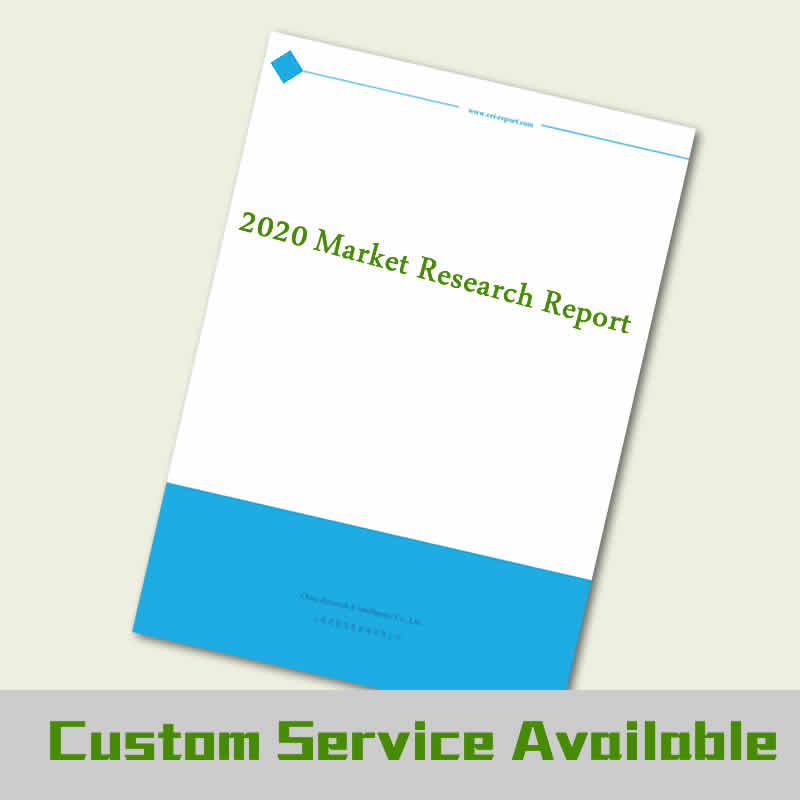Description
Market insights
The increased adoption of digital strategy has disrupted the Indian healthcare industry. The growing demand for online appointment scheduling and remote consultation has fueled the growth of the mobile healthcare market in the country. In terms of revenue, the mobile healthcare market in India was valued at INR 50.95 Bn in 2019, and is estimated to reach INR 369.01 Bn by 2025, expanding at a CAGR of 37.69% during the 2020-2025 period.
Segment insights:
Based on type, the mobile healthcare market is segmented into mobile healthcare devices and services. Mobile healthcare services, which mainly consists of healthcare apps, is estimated to be the leading segment with a share of ~68.38% in 2025. Improved clinical outcome, coupled with quick access to medical attention, is projected to drive the demand for healthcare apps.
The mobile healthcare devices segment comprises wearable and monitoring devices for checking health parameters such as blood pressure, blood glucose, oxygen saturation, and respiration. The increasing demand for monitoring devices to manage chronic disease conditions has propelled to the growth of the segment. However, consumers’ preference is expected to shift from the healthcare devices to the healthcare services segment, owing to high costs of the devices, interoperability issues, and availability of similar functions on mobile applications. The healthcare services segment is estimated to expand at a CAGR of ~38.45% during the 2020-2025 period.
Market influencers:
The rise of digital technologies, coupled with supportive governmental policies, has fueled the growth of the mobile healthcare market in India. As per the Telecom Regulatory Authority of India (TRAI), the total number of Internet subscribers increased from 251.59 Mn in 2014 to 718.74 Mn in 2019.
The emergence of corporate wellness programs is likely to play an essential role in driving market growth. Users’ health data is monitored using wearable devices and healthcare apps, which allow employers to take preventive actions to reduce insurance costs. Various advantages, including patient-centric care, proactive response, improved access, and reduced cost, have bolstered the adoption of mobile healthcare to fulfil the gaps of the traditional healthcare ecosystem.
However, challenges regarding poor technology infrastructure, performance, and data security have been impeding market growth. New entrants are struggling to establish their footprint in the market due to the lack of adequate knowledge and attention of policymakers, and an instable revenue model. Moreover, owing to India’s linguistic diversity, the absence of language localization becomes a challenge. As a result, the lack of multilingual communication is slowing down the adoption of mobile healthcare among consumers in the country.
Impact of COVID-19:
The pandemic has incited a paradigm shift in the Indian healthcare industry, with a shift of focus from cure-centric care to preventive care. Mobile healthcare plays a pivotal role in bringing the change. The pandemic has accelerated the adoption of mobile healthcare solutions, as healthcare apps and mobile healthcare devices establish a safe and connected healthcare ecosystem. Patients, healthcare providers, including doctors, hospitals, and clinics have been actively adopting mobile healthcare to combat COVID-19.
The sale of mobile healthcare devices and the subscription to healthcare apps have increased sharply in the wake of the pandemic. The sale of mobile healthcare devices like pulse oximeters, blood pressure monitors, digital thermometers, and glucometers has amplified in the second quarter of 2020. On the other hand, healthcare app providers like Practo and mFine have witnessed steep rise in terms of new installation and online consultations amid the pandemic.
Competitive insights
The digital healthcare market in India has the presence of various emerging start-ups, experiencing intense competition from each other. The unexplored market in India offers immense opportunities to established global companies aiming to expand their footprint in India. With soaring demand for healthcare apps, public and private players are focusing on broadening their offering and improve the quality of service, in order to maintain market position. The players are aiming at scaling up their businesses and portfolios to address the high potential of the Indian digital healthcare market.
Companies covered
HealthifyMe Wellness Private Limited
HealServ
Lybrate India Private Limited
Practo Technologies Private Limited
Fitbit India Private Limited
GOQii Technologies Private Limited
OMRON Healthcare India Private Limited
Roche Diabetes Care India Private Limited
Samsung India Electronics Private Limited
Xiaomi Technology India Private Limited



Reviews
There are no reviews yet.